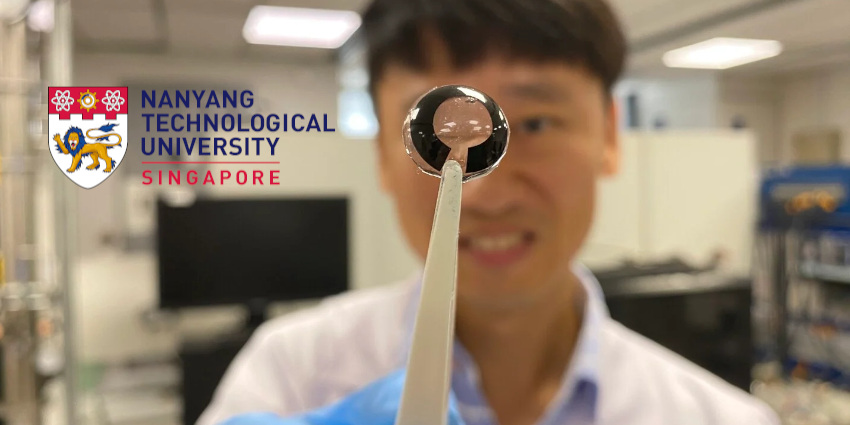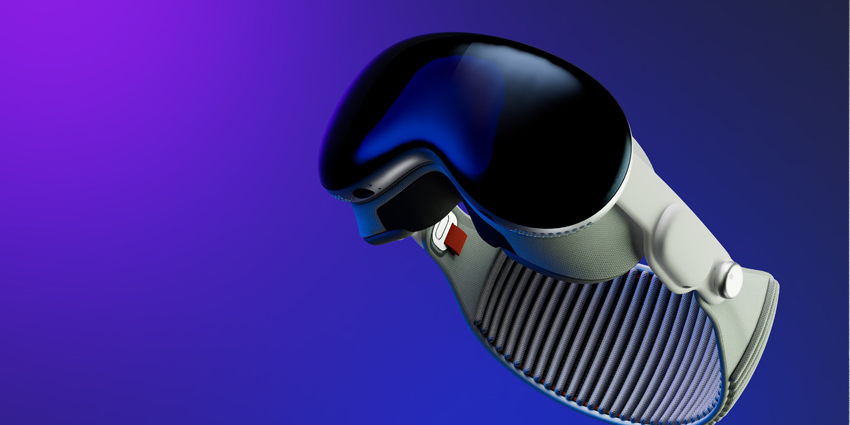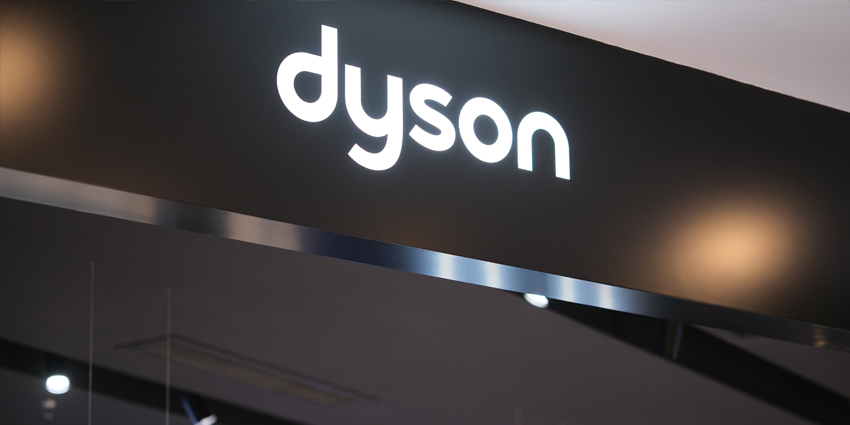Scientists and researchers from Nanyang Technical University, Singapore (NTU Singapore) have embarked on a mission to create a pair of smart contacts powered by human tears.
The prototypical augmented reality (AR) contact lenses will offer real-time, heads-up display (HUD) information to users.
Powered with the tears of their wearers, the devices will incorporate slim, flexible battery technologies “as thin as a human cornea,” according to research.
Saline sources will power the device and generate electricity for storage in the flexible battery system, the university research paper ‘A tear-based battery charged by biofuel for smart contact lenses’ explained.
Along with external chargers, the saline-powered charging system will allow users to extend the battery life for around four hours each 12-hour cycle.
The smart contacts will also exclude toxic materials, wiring, and other intrusive technologies in their components, increasing the device’s comfort and longevity.
Dr Yun Jeong-Hun, Co-First Author and Research Fellow, NTU’s School of Electronics and Electrical Engineering (EEE), said,
“The most common battery charging system for smart contact lenses requires metal electrodes in the lens, which are harmful if they are exposed to the naked human eye. Meanwhile, another mode of powering lenses, induction charging, requires a coil to be in the lens to transmit power, much like wireless charging pad for a smartphone. Our tear-based battery eliminates the two potential concerns that these two methods pose, while also freeing up space for further innovation in the development smart contact lenses.”
Initial research for the device debuted at a Korean Federation of Science and Technology Societies Award Singapore lecture in December 2021.
South Korea’s Flexible Battery Technology
The developments come as South Korea aims to conquer the flexible battery market with novel research and development (R&D) pursuits.
For example, South Korean startup LiBEST teamed up with robotics firm Mand.ro, leading to a flexible battery system. The joint venture debuted an Exo-Sensor and Exo-Skeleton Gloves for haptic-based control systems.
Using the new battery system, LiBEST could create prosthetic arms with ultra-small motors and gears to control the device. International researchers also helped to improve the battery’s durability for metaverse device use.
The ultra-compact batteries allow people to control the lightweight, haptic wearable with forearm, wrist, finger, and other movements from the human body.
At the time, Joo-Sung Kim, LiBEST Chief Executive, stated just ahead of the Consumer Electronics Show (CES) 2023,
“LiBEST has been developing a suitable battery for wearable devices for [the Metaverse]. Our goal is not to be limited to VR or AR and we will combine the metaverse concept into the device which is creating [a] world without space restriction. If we can control a robot on the other side of the world, it can create new opportunities and great value in the near future.”
Smart Contact Research and Development
Furthermore, embattled AR wearables firm Mojo Vision axed its smart contacts solution in January following a capital shortfall due to volatile tech markets.
The company laid off nearly 75 percent of its workforce, leading it to redirect its efforts to microLED production and XR wearable technologies. Doing so will allow the firm to receive revenues based on the strength of the display technology market, namely with microdisplays.
Mojo Vision unveiled its plans to design and launch a microdisplay-based AR smart contact solution in 2017. Many use cases for the product would include assisted sight for visually impaired people and enhancing athletes.
One of Mojo Vision’s athletic partnerships included Adidas, who discussed the partnership in greater detail at the Immerse Global Summit (IGS) 2022 Europe event in Madeira, Portugal.
It planned to release the product in ten year’s time, but funding issues forced the firm to cancel its vision of the future for augmented reality devices.
The potential of NTU Singapore’s research could potentially revive interest in emerging technologies and reinvigorate discussions on solutions to augment human capabilities.







